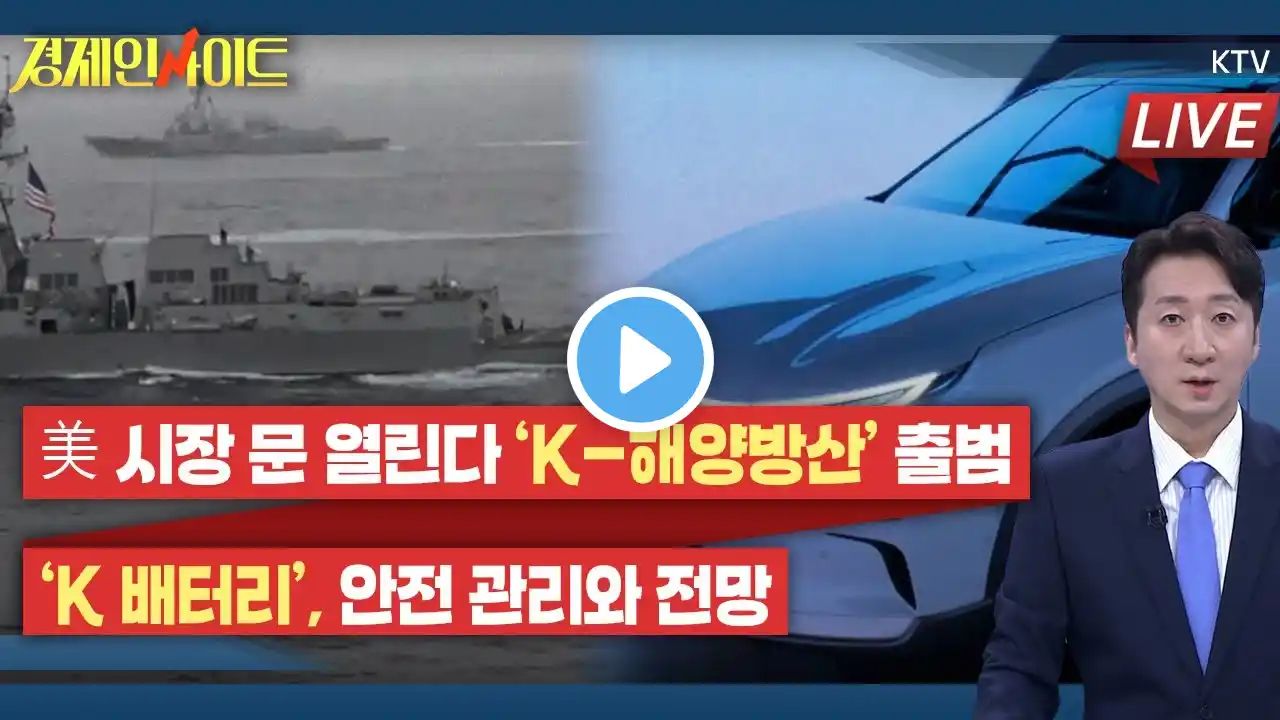
수에즈 위기 (1956년): 냉전 속에서 펼쳐진 국제적 갈등.
The Suez Crisis (1956): An International Conflict Amid the Cold War "In 1956, the world once again faced the brink of war At the heart of the Middle East, a crisis erupted over Egypt’s Suez Canal, drawing the United States, the Soviet Union, and European powers into a Cold War confrontation More than just a regional dispute, the Suez Crisis symbolized the decline of imperialism, the rise of newly independent nations, and the fierce rivalry between superpowers How did the crisis begin, and what impact did it leave on the world? Let’s journey into history and uncover the story of the Suez Crisis " 1 Background: The Suez Canal, A Vital Trade Route Since its opening in 1869, the Suez Canal had been one of the most important trade routes in the world Connecting Africa and Asia, it provided the shortest maritime link between Europe and India For Britain and France, in particular, the canal was not only an economic lifeline but also a key military asset By the early 20th century, however, anti-colonial movements were spreading across Africa and the Middle East In 1952, a military coup in Egypt overthrew the monarchy, bringing Gamal Abdel Nasser to power His rise marked a turning point in Egypt’s history and set the stage for a major international crisis 2 The Trigger: Nasser’s Rise and the Nationalization of the Suez Canal As president, Nasser championed Arab nationalism and sought to reduce Western influence in the region He aimed to modernize Egypt and unify Arab nations while asserting Egypt’s independence from colonial powers A key part of his plan was the construction of the Aswan High Dam, a massive infrastructure project intended to control the Nile’s flooding and provide hydroelectric power Initially, the United States and Britain had promised financial aid, but when Nasser strengthened ties with the Soviet Union, they withdrew their support Furious, Nasser took a bold step On July 26, 1956, he made a dramatic announcement: "Egypt will reclaim its sovereignty The Suez Canal belongs to our people!" With this declaration, Egypt nationalized the Suez Canal, seizing control from the British- and French-owned Suez Canal Company The move sent shockwaves through Europe 3 International Reactions: Western Backlash and Cold War Tensions The nationalization of the canal triggered an immediate and furious response from Britain and France British and French Outrage For Britain, the Suez Canal was a crucial trade route, particularly for transporting oil from the Middle East Prime Minister Anthony Eden viewed Nasser as a dictator akin to Hitler and was determined to remove him Israel’s Strategic Concerns Israel, already in conflict with Egypt, saw an opportunity to weaken Nasser, who was blocking Israeli access to the Red Sea and supporting Palestinian guerrillas U S and Soviet Positions The United States, under President Dwight D Eisenhower, was caught in a difficult position While not wanting to alienate its allies, the U S opposed military intervention, fearing it would drive Arab nations toward the Soviet Union Meanwhile, the Soviet Union strongly supported Nasser and condemned any Western interference 4 The Military Conflict: The Anglo-French-Israeli Invasion On October 29, 1956, Israel launched a military attack on Egypt, swiftly advancing through the Sinai Peninsula Within days, Israeli forces took control of strategic positions On November 5, Britain and France intervened under the pretext of separating the warring sides but instead launched airstrikes and a paratrooper invasion near the canal The invasion shocked the world, as it appeared to be a blatant attempt by Britain and France to reclaim colonial control 5 The Resolution: International Pressure Ends the War The invasion was met with widespread international condemnation The U S Response Eisenhower was furious that Britain and France had acted without consulting the United States Washington applied economic pressure, even threatening to cut financial aid to Britain if it did not withdraw Soviet Threats The Soviet Union, led by Nikita Khrushchev, went even further, warning that it might use military force—including nuclear weapons—against Britain and France if they did not end their aggression Caught between U S opposition and Soviet threats, Britain and France had little choice but to withdraw their forces in early 1957 A United Nations peacekeeping force was deployed to oversee the ceasefire 6 Consequences and Historical Significance The Suez Crisis was more than just a failed military intervention; it marked a major shift in global power dynamics The Decline of British and French Influence


















